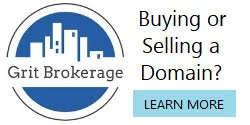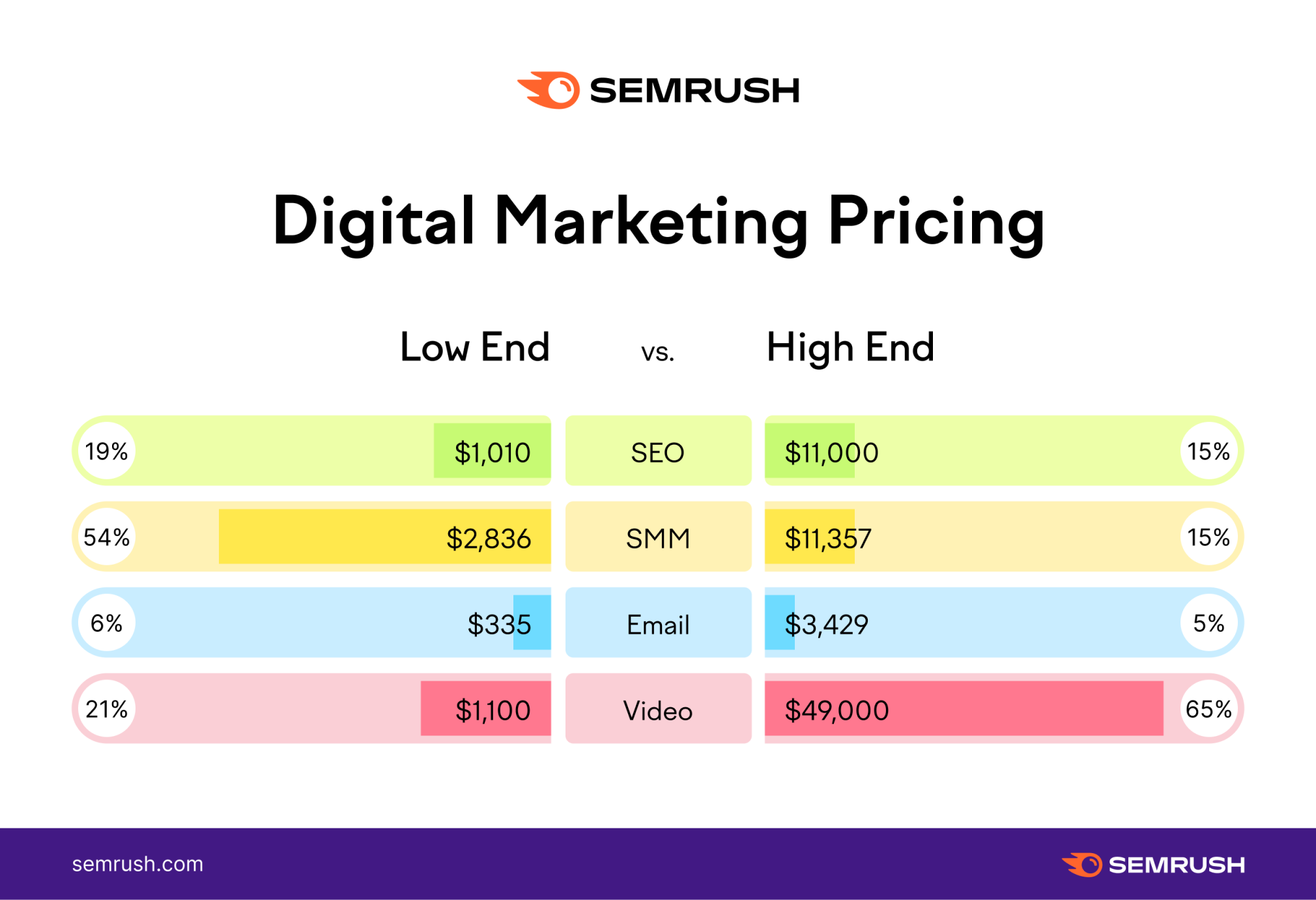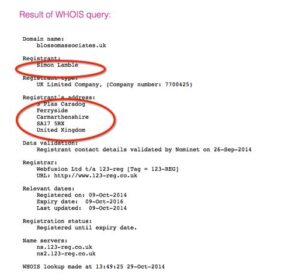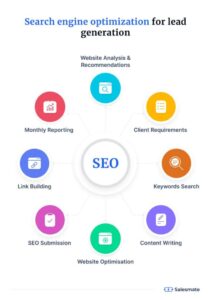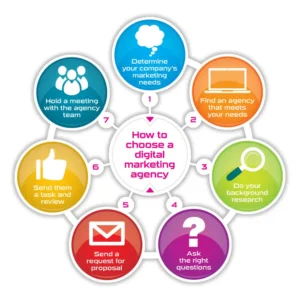Is digital marketing expensive? It’s a question that many business owners and entrepreneurs ask themselves when considering whether to invest in online advertising. Well, let me break it down for you in a way that’s easy to understand. Digital marketing can be as affordable or as expensive as you make it. Yes, that’s right! It all depends on your budget, goals, and the strategies you choose to implement. So, don’t worry, you don’t have to break the bank to get started.
When it comes to digital marketing, there’s a wide range of options available, from social media advertising to search engine optimization (SEO) to pay-per-click (PPC) campaigns. Each of these strategies comes with its own costs and potential returns on investment. The key is to find the right balance that suits your business needs and budget. It’s like going shopping – you have different options at different price points, and it’s up to you to choose what works best for you.
Now, let’s dive deeper into the world of digital marketing and explore the various factors that can influence the cost. It’s important to note that while some strategies may require a larger initial investment, they can also yield significant long-term benefits. So, remember to always consider the bigger picture and the potential return on investment when evaluating the cost of digital marketing. In the end, it’s all about finding the right strategy that aligns with your goals and budget. So, let’s explore the world of digital marketing together and discover how you can make it work for you without breaking the bank!
Is digital marketing expensive? The cost of digital marketing varies depending on various factors such as the size of your business, the goals you want to achieve, and the strategies you employ. However, compared to traditional marketing methods, digital marketing can be more cost-effective. With targeted advertising, you can reach your ideal audience without wasting money on irrelevant impressions. Additionally, digital marketing allows for better tracking and measurement of your marketing efforts, enabling you to optimize your campaigns for maximum results. So, while digital marketing requires an investment, it can provide a high return on investment.

Is Digital Marketing Expensive?
Digital marketing has become an essential component of any business’s marketing strategy. With the rise of the internet and the increasing reliance on digital platforms, businesses of all sizes are investing in digital marketing to reach their target audience and generate leads. However, one common concern that many businesses have is the cost associated with digital marketing. In this article, we will explore whether digital marketing is expensive and provide insights into the factors that influence its cost.
The Cost of Digital Marketing
Digital marketing encompasses a wide range of strategies and tactics, including search engine optimization (SEO), pay-per-click (PPC) advertising, social media marketing, email marketing, and content marketing. The cost of digital marketing can vary significantly depending on various factors such as the size of the business, the industry, the target audience, and the specific goals of the marketing campaign.
Factors That Influence the Cost of Digital Marketing
1. Business Size and Goals: Larger businesses with a broader target audience and more extensive marketing goals will likely have higher digital marketing costs compared to smaller businesses. The complexity and scale of the marketing campaign play a significant role in determining the overall cost.
2. Competition: The level of competition in your industry can impact the cost of digital marketing. Highly competitive industries may require more aggressive marketing strategies, resulting in higher costs.
3. Target Audience: The size and characteristics of your target audience can influence the cost of digital marketing. If your target audience is niche or requires specific targeting, it may require more resources and investment to reach them effectively.
4. Channels and Tactics: The choice of digital marketing channels and tactics also affects the overall cost. Some channels, such as PPC advertising, may have higher costs per click or impression, while others like content marketing may require ongoing investment in content creation.
5. Geographic Reach: If your business operates in multiple locations or targets a global audience, the cost of digital marketing may increase due to the need for localized campaigns and targeting.
6. Timeframe: The duration of your digital marketing campaign can impact the cost. Short-term campaigns or one-time projects may require a higher initial investment, while long-term campaigns typically have ongoing costs.
Benefits of Digital Marketing
While digital marketing can incur costs, it also offers numerous benefits that make it a worthwhile investment for businesses:
1. Cost-Effectiveness: Compared to traditional marketing methods, digital marketing often provides a higher return on investment. It allows businesses to target their audience more precisely, leading to better conversion rates and cost-effectiveness.
2. Measurable Results: Digital marketing provides detailed analytics and tracking capabilities, allowing businesses to measure the success of their campaigns accurately. This data-driven approach enables continuous optimization and better allocation of resources.
3. Increased Brand Visibility: With digital marketing, businesses can enhance their online presence and increase brand visibility. By utilizing various channels, such as search engines and social media platforms, businesses can reach a wider audience and build brand awareness.
4. Targeted Advertising: Digital marketing enables businesses to target specific demographics, interests, and behaviors, ensuring that their marketing efforts are directed towards the most relevant audience. This targeted approach improves the effectiveness of marketing campaigns.
5. Flexibility and Adaptability: Digital marketing allows businesses to adapt their strategies and tactics in real-time based on data and market trends. This flexibility ensures that businesses can stay ahead of their competition and make informed decisions.
In conclusion, while digital marketing can involve costs, its benefits far outweigh the expenses. The cost of digital marketing varies depending on factors such as business size, goals, competition, target audience, channels, and timeframe. However, the cost-effectiveness, measurability, increased brand visibility, targeted advertising, and flexibility make digital marketing an invaluable tool for businesses looking to grow and succeed in the digital age. So, if you are considering digital marketing for your business, it is essential to analyze your goals, budget, and target audience to create an effective and cost-efficient marketing strategy.
Key Takeaways – Is Digital Marketing Expensive?
- Digital marketing costs vary based on the strategies and platforms used.
- Some digital marketing methods, like email marketing and social media, can be cost-effective.
- Paid advertising on platforms like Google Ads and Facebook Ads can be more expensive.
- ROI (Return on Investment) should be considered to determine the effectiveness of digital marketing expenses.
- Digital marketing offers various budgeting options to suit different businesses’ needs.
Frequently Asked Questions
1. How much does digital marketing cost?
Digital marketing costs can vary depending on various factors such as the size of your business, the specific strategies you choose, and your overall goals. It’s important to note that digital marketing is not a one-size-fits-all solution, so the cost can be tailored to fit your budget.
In general, digital marketing can be more cost-effective compared to traditional marketing methods like print ads or TV commercials. With digital marketing, you have the flexibility to set your own budget and allocate funds to the specific channels and strategies that yield the best results for your business. Whether you’re a small startup or a large corporation, digital marketing offers options to fit your financial needs.
However, it’s worth noting that while digital marketing can be cost-effective, it requires ongoing investment to maintain and optimize your campaigns. It’s important to continuously monitor and adjust your strategies to ensure you’re getting the best return on your investment.
2. What are some cost-effective digital marketing strategies?
There are several cost-effective digital marketing strategies that can help you maximize your budget while still achieving your marketing goals. One effective strategy is search engine optimization (SEO), which focuses on improving your website’s visibility in search engine rankings. By optimizing your website’s content and structure, you can attract organic traffic without having to spend on paid advertising.
Another cost-effective strategy is content marketing. Creating high-quality, engaging content that provides value to your audience can help you build brand awareness, drive traffic to your website, and generate leads. Content marketing can include blog posts, videos, infographics, and social media posts.
Email marketing is another cost-effective strategy that allows you to reach a targeted audience directly. By building an email list and sending targeted campaigns, you can nurture leads, promote your products or services, and drive conversions.
Social media marketing is also relatively cost-effective compared to traditional advertising methods. By utilizing social media platforms, you can reach a wide audience, engage with your followers, and promote your brand or products.
3. Are there any hidden costs in digital marketing?
While digital marketing can be cost-effective, it’s important to be aware of potential hidden costs. These can include expenses such as hiring professionals or agencies to manage your digital marketing campaigns, investing in tools and software for analytics and automation, and ongoing optimization costs.
Additionally, some digital marketing channels may require a budget for paid advertising. For example, if you choose to run paid ads on social media platforms or search engines, you’ll need to allocate funds for ad spend.
It’s important to thoroughly plan and budget for your digital marketing efforts to avoid any unexpected costs. Consider working with experienced professionals or agencies who can help you navigate the complexities of digital marketing and provide guidance on budgeting and cost management.
4. How can I measure the return on investment (ROI) of digital marketing?
Measuring the return on investment (ROI) of your digital marketing efforts is crucial to understanding the effectiveness of your campaigns and optimizing your strategies. There are several key metrics you can track to measure ROI, depending on your goals and objectives.
For example, if your goal is to generate leads, you can track metrics such as the number of leads generated, conversion rates, and cost per lead. If your goal is to increase website traffic, you can track metrics like website visits, page views, and bounce rates.
It’s important to set specific goals and track relevant metrics to gauge the success of your digital marketing campaigns. Utilize tools such as Google Analytics to track and analyze your website’s performance, and leverage tracking pixels and conversion tracking to measure the effectiveness of your advertising campaigns.
By regularly monitoring and analyzing your ROI metrics, you can make data-driven decisions and optimize your digital marketing strategies to maximize your return on investment.
5. Can I do digital marketing on my own without hiring an agency?
Yes, it is possible to do digital marketing on your own without hiring an agency. Many businesses, especially small startups or solopreneurs, choose to handle their own digital marketing efforts to save costs.
There are numerous online resources, courses, and tutorials available that can help you learn the basics of digital marketing and implement strategies on your own. Additionally, there are various tools and platforms that offer user-friendly interfaces, allowing you to manage and track your digital marketing campaigns.
However, it’s important to note that digital marketing can be complex and time-consuming. It requires constant learning, staying updated with the latest trends and algorithms, and continuous optimization to achieve the best results. If you have the time, resources, and expertise, doing digital marketing on your own can be a viable option. Otherwise, consider partnering with a reputable agency that can provide professional guidance and expertise to ensure the success of your digital marketing efforts.
PRICING DIGITAL MARKETING SERVICES? [Do It Right]
Final Thought: Is Digital Marketing Expensive?
So, is digital marketing expensive? Well, the answer is not a simple yes or no. It really depends on various factors such as your budget, goals, and the specific strategies you choose to implement. While digital marketing can require an investment, it is important to consider the long-term benefits and return on investment it can bring.
When done right, digital marketing can be a cost-effective way to reach a wide audience and generate leads or sales. Unlike traditional marketing methods, digital marketing allows you to target specific demographics and track the performance of your campaigns in real-time. This level of precision and data-driven decision-making can ultimately lead to higher conversion rates and a better return on your marketing investment.
However, it is important to note that digital marketing is not a one-size-fits-all solution. It requires careful planning, strategy, and ongoing optimization. It is also worth considering that the digital marketing landscape is constantly evolving, with new platforms and techniques emerging all the time. To stay competitive, businesses need to adapt and stay up-to-date with the latest trends and best practices.
So, while digital marketing may require an initial investment, it has the potential to deliver significant results and help businesses thrive in the digital age. By leveraging the power of online channels, businesses can reach their target audience more effectively, build brand awareness, and drive meaningful engagement. So, if you’re willing to invest the time and resources into a well-executed digital marketing strategy, the benefits can far outweigh the costs in the long run.
